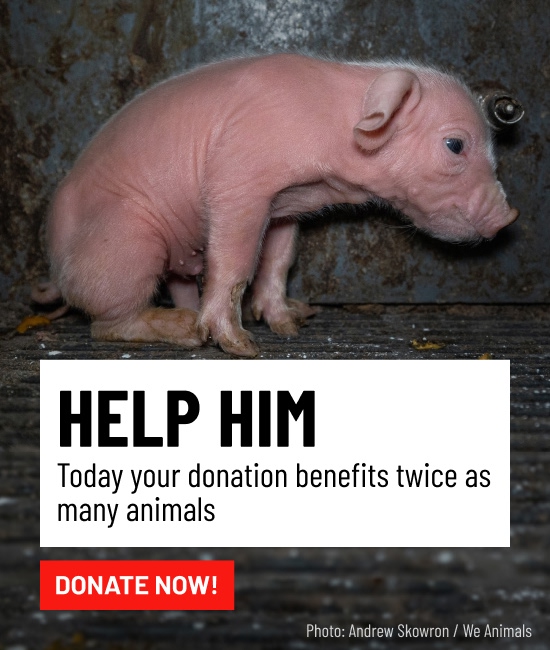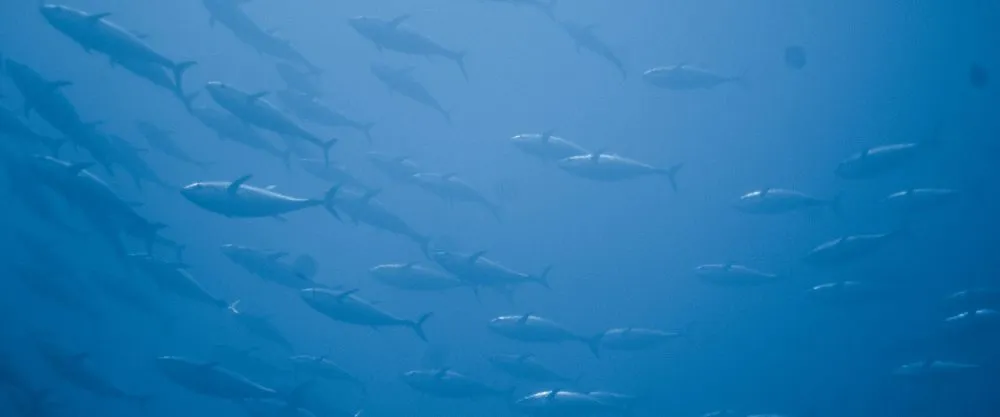
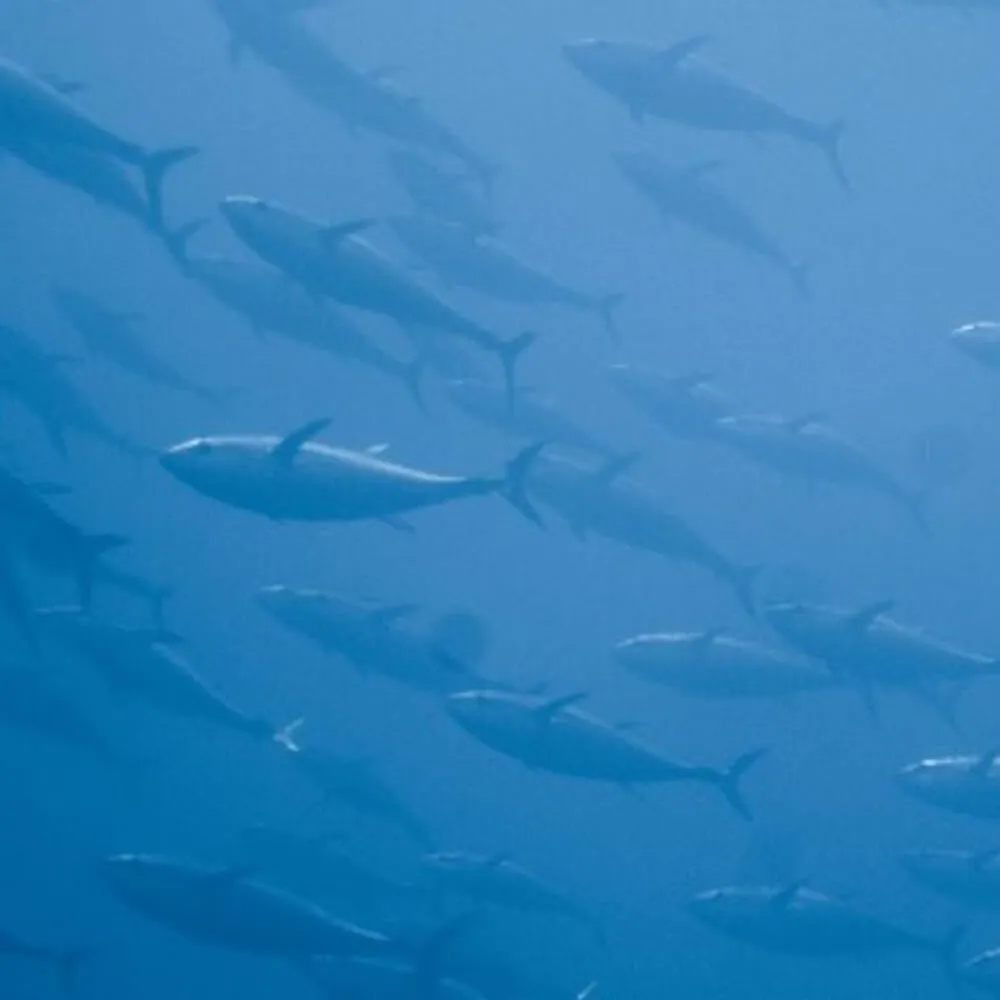
THE DEADLY FISH INDUSTRY
The deaths of fish are so great that they are measured by weight, not individuals.
UNDERWATER SUFFERING
Whether they are raised in industrial fish farms or caught in the wild, fish have very few legal protections in how they’re treated or slaughtered. Wild fish often live in complex social groups, they use tools, and exhibit signs of anxiety and pain. However, fish are treated like commodities by the fishing and aquaculture industries.

Factory fish farms
In underwater factory farms, fish spend their entire lives confined in tightly packed environments. Confined in hatcheries and sea cages, millions of fish die each year from parasitic sea lice that eat away at their bodies, disease infestations, warm and rough waters, violent ‘treatments’, and predation. Some species of farmed fish, like salmon or trout, are migratory and would swim many miles in the wild, but are forced to travel in circles their entire lives. These animals are also carnivorous, so contribute to highly unsustainable wild fishing practices. A single farmed salmon eats around 450 smaller wild-caught fish in their lifetime.
INDUSTRIAL FISHING
Commercial fishing is cruelty to animals on a colossal scale, killing around a trillion animals worldwide every year. Ships the size of football fields use techniques such as longlining and gill nets.
In longlining, ships unreel up to 50 miles of line, each with hundreds of thousands of baited hooks. Gill nets, which range from 300 feet to seven miles in length, create large walls of nets that fish are unable to see. They inadvertently swim into them and many will suffocate or bleed to death.
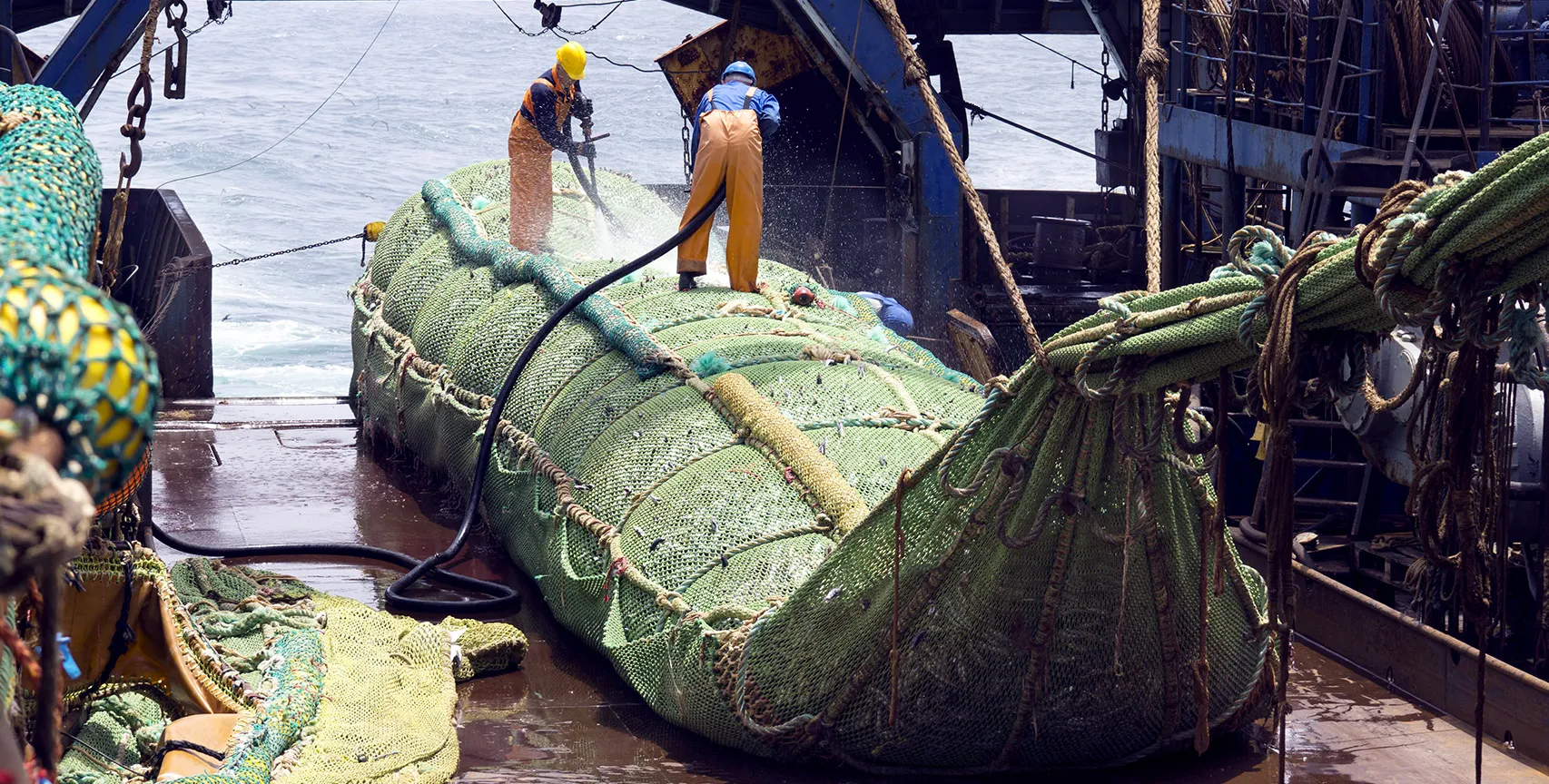
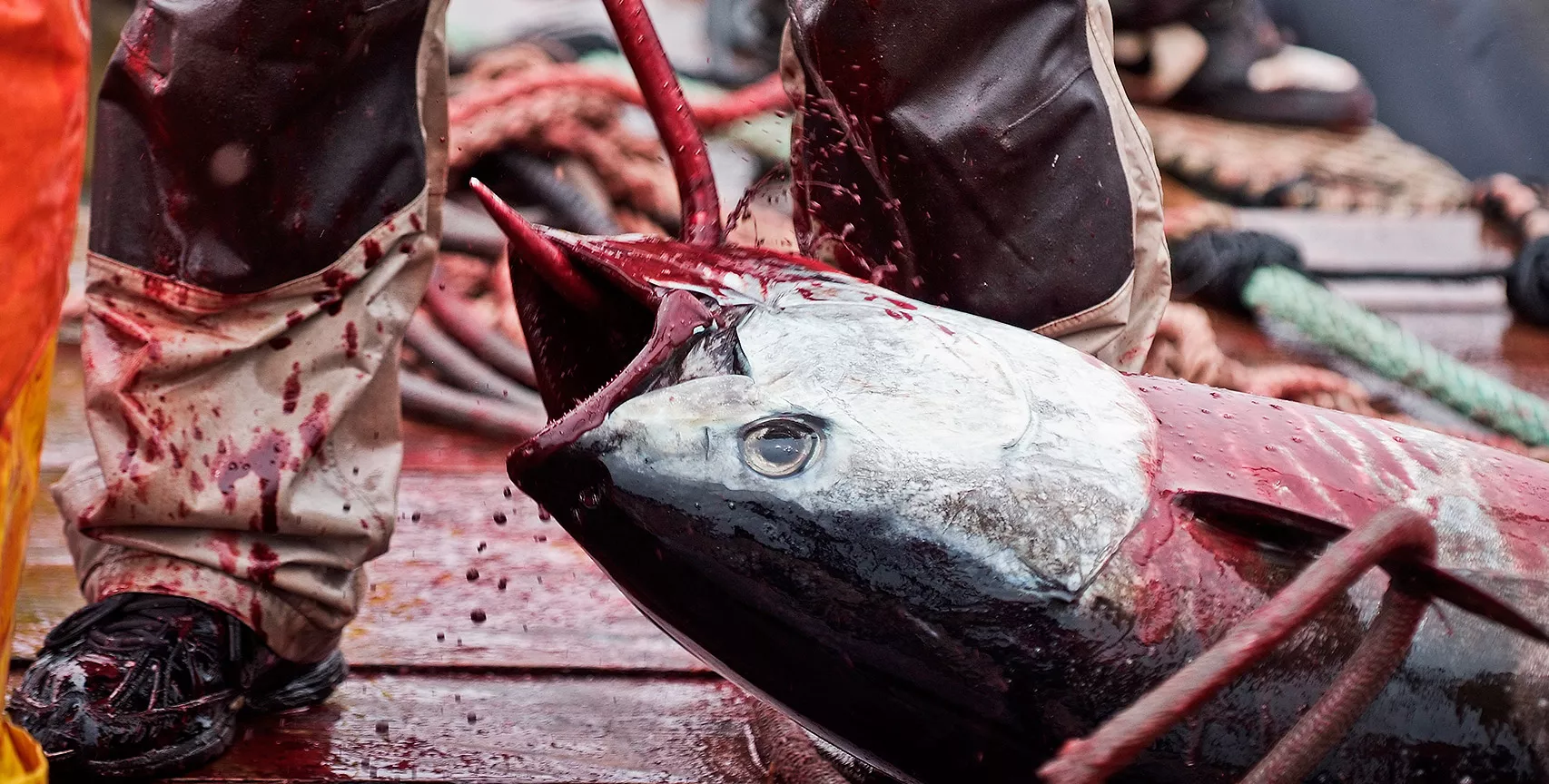
Cruel slaughter
The slaughter of fish is not covered by specific legislation. This results in a wide variety of cruel slaughter methods dependent on industry, company and species.
Wild fish are usually removed from the water and left to suffocate and die. They desperately attempt to escape as their gills collapse preventing them from being able to breathe. Farmed fish might be electrically stunned and killed, or bludgeoned to death.
Larger animals, such as tuna and swordfish, are usually clubbed to death. This often leads to an animal being injured but regaining consciousness and the process having to be repeated several times.
THE NUMBERS
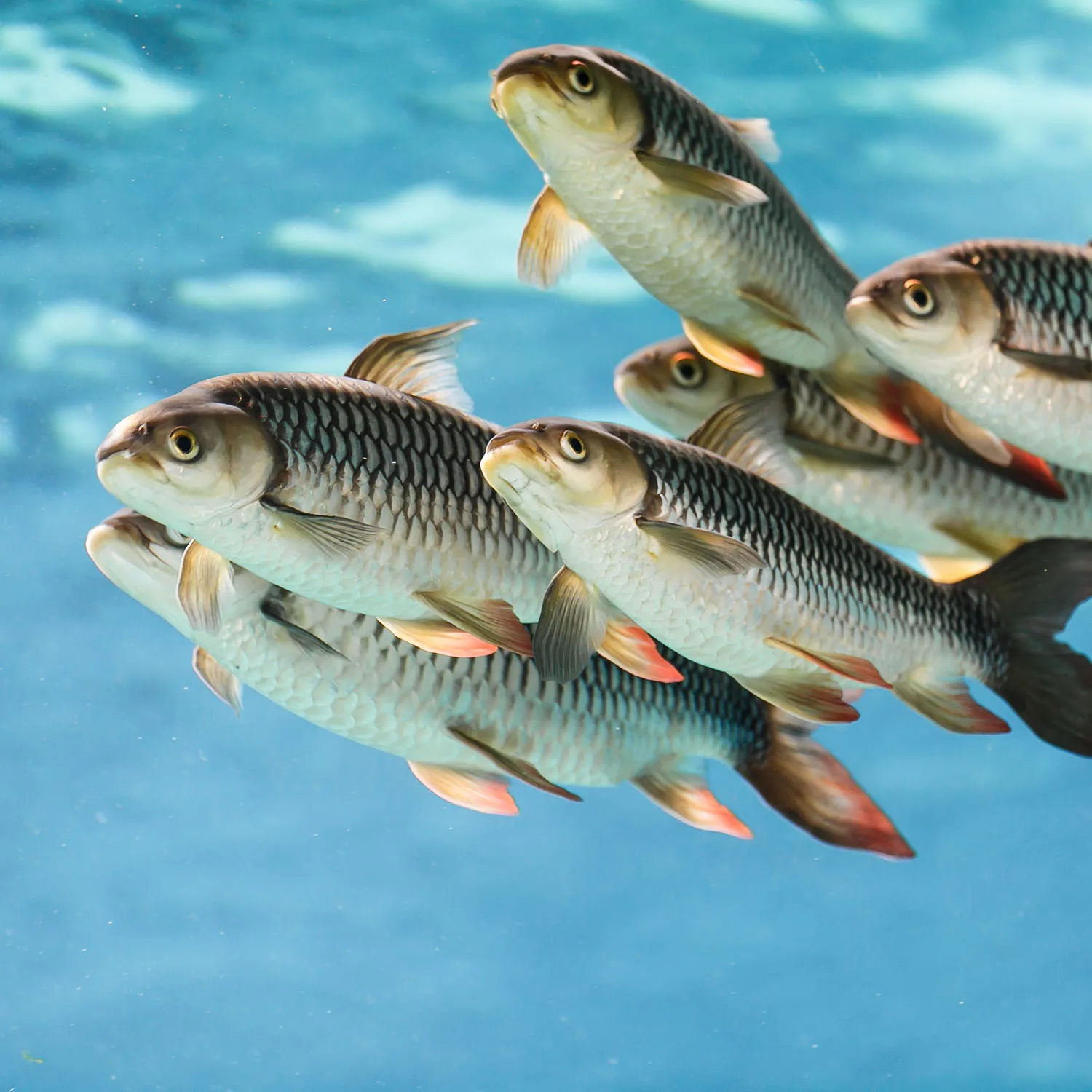
Protect Fish
Scientists confirm that fish feel pain and suffer. Protect these sensitive beings by choosing plant-based alternatives to animal products.
Beyond the cruelty
The fishing industry also has devastating effects on our planet and takes a toll on our health.
FISHING AND THE ENVIRONMENT
Industrial fishing and fish farming both have environmental impacts. Factory farming of fish can lead to toxic water conditions. Ammonia, nitrates and parasites all have severe consequences.
Industrial-scale fishing operations have similarly devastating effects on the environment. Commercial fishing operations often use giant trawlers which scrape up fish – and everything else – off the ocean floor. This results in as much as 40 per cent of the global catch discarded overboard as bycatch.
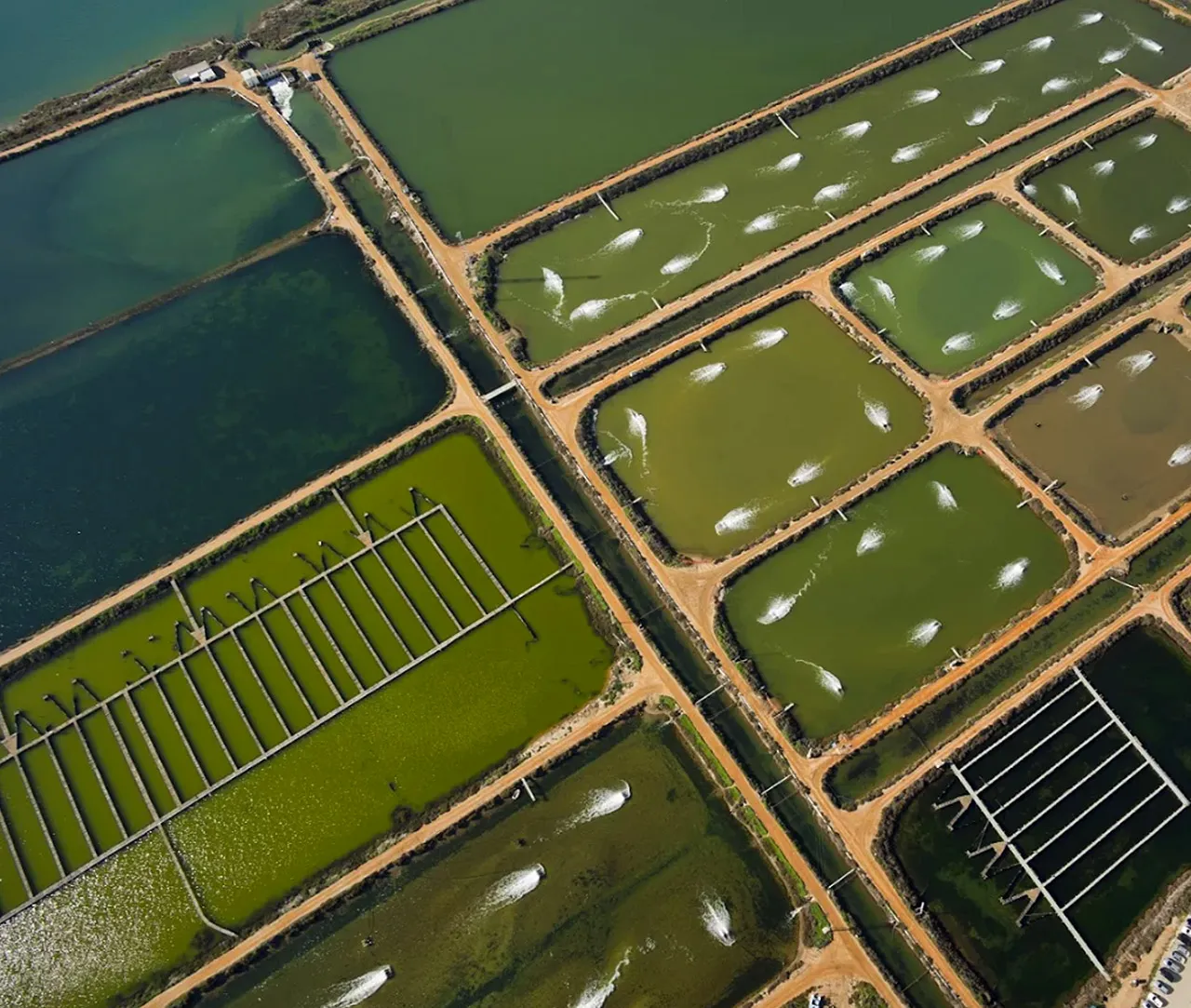
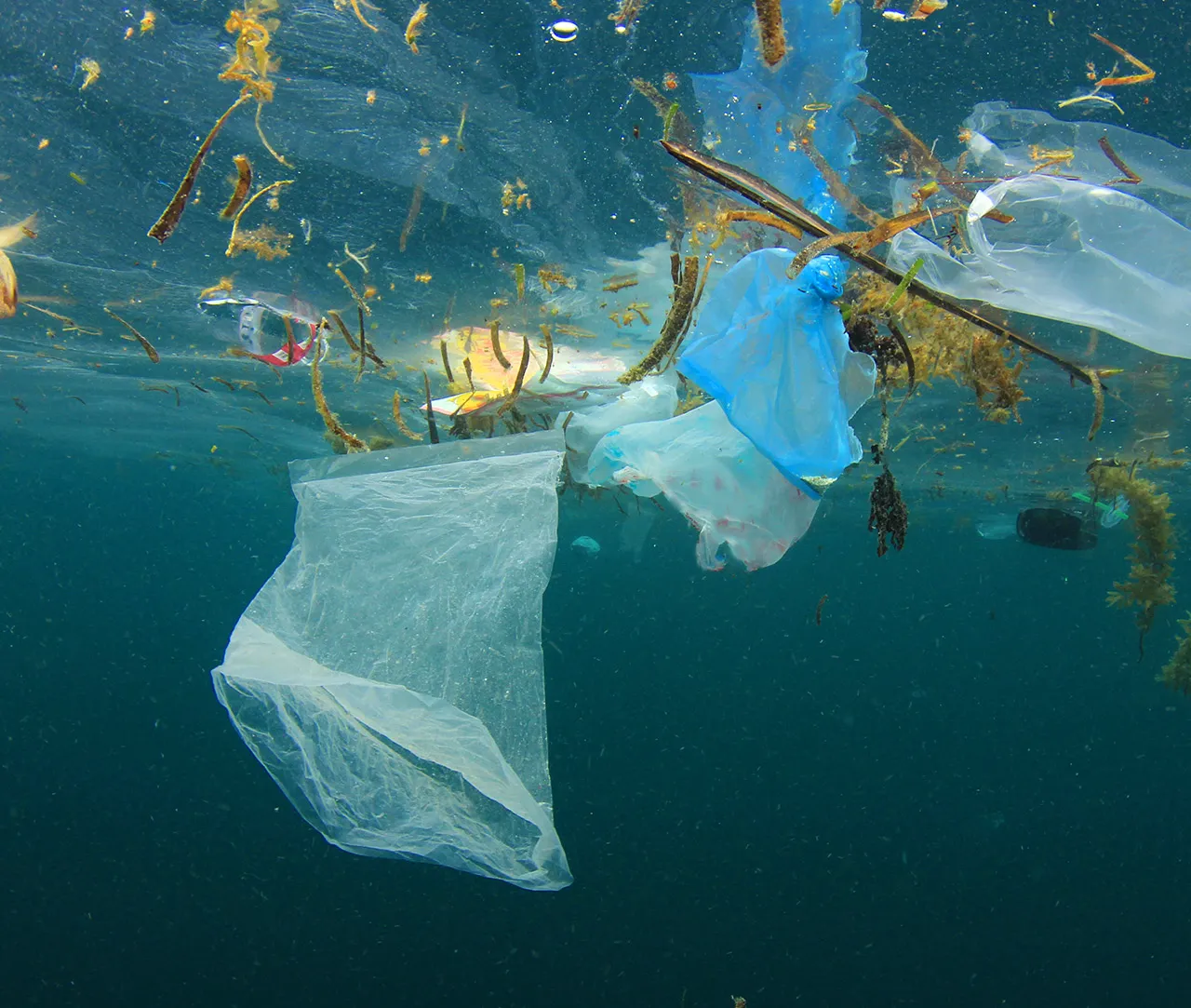
Fishing and your health
There are several risks associated with consuming fish and other sea animals.
Many fish, including tuna, swordfish, shark and mackerel, are consistently high in mercury, which can harm the nervous system of a foetus or young child. Contaminants sometimes found in fish, such as dioxins and PCBs, have been linked to cancers and reproductive problems.
Those who consume fish ingest up to 11,000 tiny pieces of plastic every year, according to a study at the University of Plymouth. Though the long term health effects of this are not yet known, researchers think this could be leading to various health issues, including inflammation and muscular degeneration.
OUR WORK ON FISH
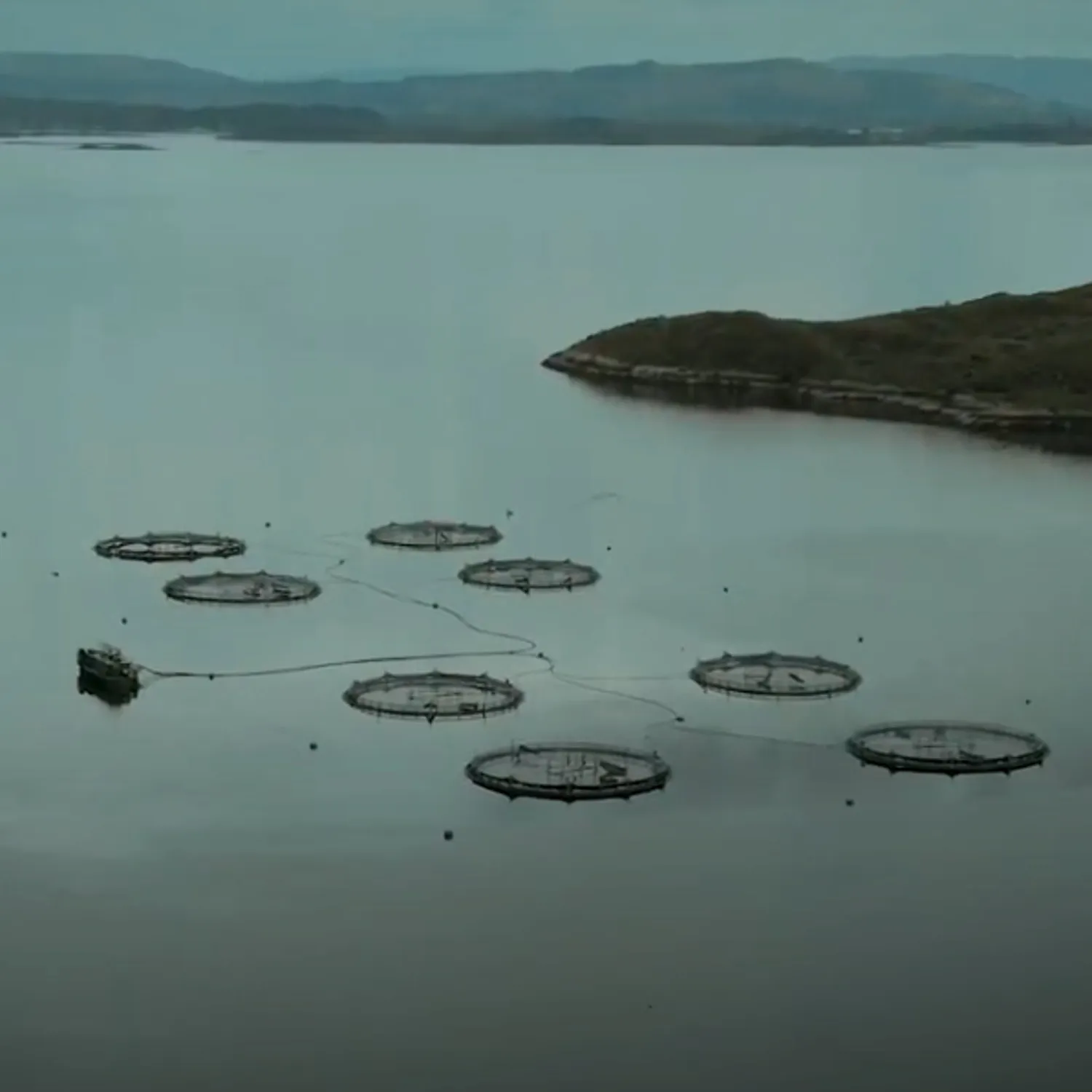
Scotland
Abuses in Salmon FARMS AND SlaughterhouseS
Animal Equality investigations inside salmon farms, slaughterboats and on-land abattoirs have revealed extreme suffering – many are linked to accreditation schemes and supermarkets, including Waitrose, Co-op, Tesco, and Sainsbury’s.
Our pioneering footage has revealed fish entering stun-kill machinery backwards, being clubbed to death and thrown, stomped on by members of the public, suffering from lice and wounds, and more.

